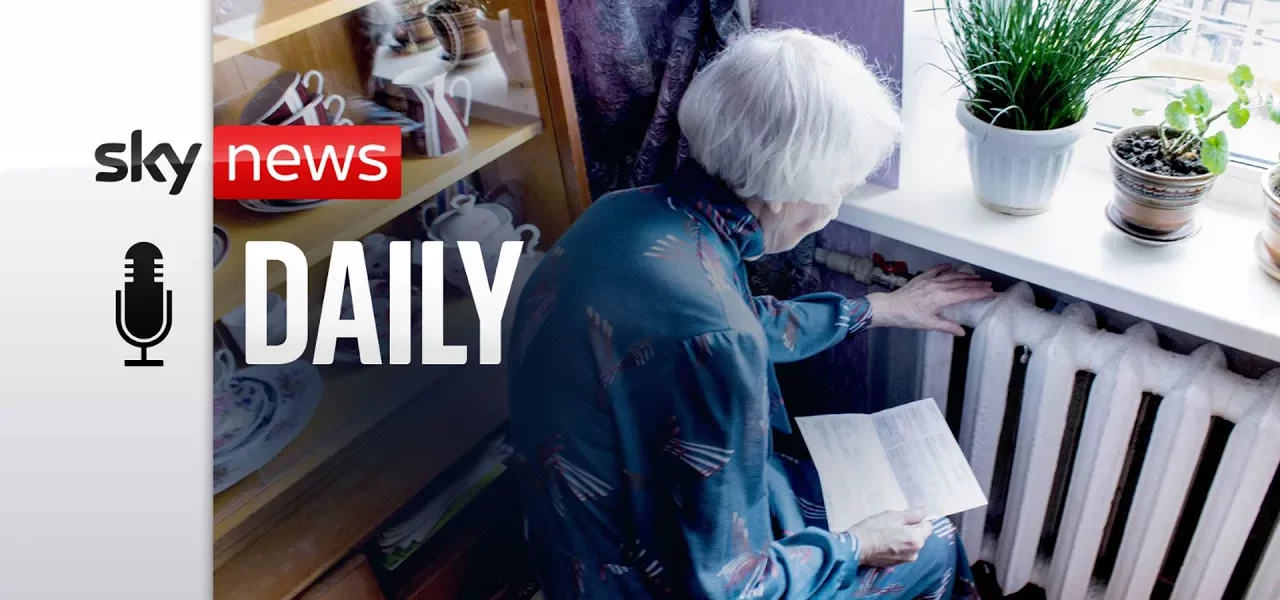Labour Government’s Controversial Decisions on Winter Fuel Allowance

In this article, we will explore the recent controversial policy decisions made by the Labour government concerning the winter fuel allowance for pensioners. With rising energy costs and winter approaching, these decisions have sparked significant debate and concern among the public and political figures alike.
Introduction
The UK is currently facing a challenging winter with rising energy costs impacting millions of households, particularly pensioners. The Labour government’s recent decision to scrap the winter fuel allowance for many has ignited a political firestorm. This article will dissect the implications of this policy change, the reactions from various stakeholders, and potential pathways forward for the government amidst widespread criticism.
The Winter Fuel Allowance Controversy
The winter fuel allowance has traditionally been a financial lifeline for older citizens during the colder months. This year, however, the Labour government has decided to means-test this allowance, affecting approximately 10 million pensioners. The decision has raised questions about the rationale behind such a move.
Background of the Winter Fuel Allowance
The winter fuel allowance was introduced to help pensioners manage their heating costs during the winter. Typically, this allowance ranges between £200-£300 per year, depending on individual circumstances. The recent announcement to limit this support has led to significant backlash, especially as households brace for increased energy bills due to the rising energy price cap.
Reactions from the Public and Politicians
- Pensioners expressing concern over their ability to afford heating.
- Labour MPs voicing opposition to the policy, fearing it will lead to a rebellion within the party.
- Government ministers caught between balancing the budget and supporting vulnerable populations.
The Economic Implications of the Policy Change
The decision to scrap the winter fuel allowance for many pensioners is not only a political issue but also an economic one. As the energy price cap increases, households will see their bills rise by an average of 10% starting October.
Energy Price Cap and Rising Costs
The energy price cap, which regulates how much consumers pay for energy, has seen fluctuations that directly impact household budgets. With the cap set to rise, many pensioners are left in a precarious position without adequate support.
Financial Burden on Vulnerable Populations
According to estimates, around 2 million pensioners might face severe difficulties heating their homes this winter. The ramifications of this policy could lead to increased instances of fuel poverty, where individuals are unable to afford necessary heating.
Government Response and Possible Solutions
In response to the crisis, various stakeholders, including energy companies and charities, have convened to discuss potential solutions for those struggling with rising energy costs.
Stakeholder Meetings and Proposed Solutions
Recent meetings have included stakeholders from energy companies, charities, and government officials, aiming to develop strategies to assist those in need.
- Payment plans offered by energy companies.
- Initiatives to encourage pensioners to apply for pension credits.
- Discussions around expanding existing support schemes like the Warm Home Discount.
The Role of Experts and Think Tanks
Experts like Sam Robinson from the Social Market Foundation have proposed that instead of cutting the winter fuel allowance, the government should expand the Warm Home Discount, which provides targeted support for those on means-tested benefits.
Conclusion
The Labour government’s decision to alter the winter fuel allowance policy has created a significant rift between the government and its constituents, particularly among vulnerable pensioners. As winter approaches, the government’s ability to navigate these challenges will be critical. It remains to be seen whether they will take heed of the public outcry and adjust their policies accordingly. For now, it is essential for all stakeholders to come together to ensure that no one is left out in the cold this winter. Stay informed and engaged with the ongoing developments on this issue.
For more insights and updates, check out our related articles on energy crisis solutions and support for pensioners.
“`




